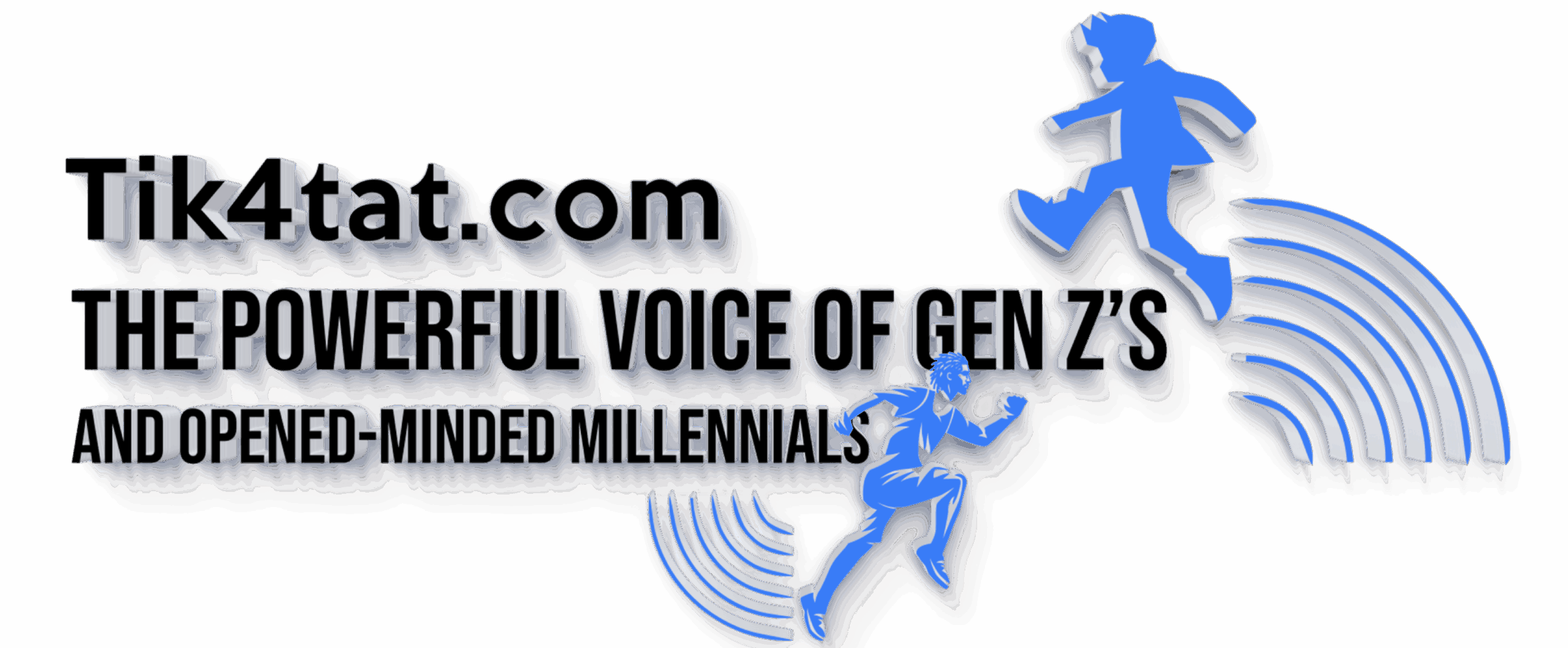Generational Divide: How Millennials and Gen Z See the World Differently

Generational Divide: How Millennials and Gen Z See the World Differently
Millennials and Gen Z are the two generations currently shaping culture and society. Though often lumped together, their perspectives on a range of issues differ significantly, influenced by distinct formative experiences and technological landscapes. Let’s delve into some of the key areas where these generational differences manifest.
Climate Change
* Millennials: While generally concerned about climate change, millennials tend to approach the issue with a sense of cautious optimism. They support sustainable practices and green initiatives, but often struggle to balance environmental concerns with economic realities.
* Gen Z: Having grown up with the stark realities of climate change, Gen Z exhibits a greater sense of urgency and activism. They are more likely to demand radical systemic change and hold corporations and governments accountable for environmental damage.
Politics
* Millennials: Often characterized by their initial embrace of progressive ideals and a belief in systemic reform. However, they are also the generation that experienced the rise of economic inequality and political polarization, leading to more nuanced and pragmatic political views.
* Gen Z: More politically progressive than millennials, Gen Z is passionate about social justice issues and less likely to align with traditional political parties. They are digitally native activists, leveraging social media to mobilize and advocate for change.
Marriage
* Millennials: Show a declining interest in marriage compared to previous generations, prioritizing personal and career goals. When they do marry, it’s often later in life and with a greater emphasis on egalitarian partnerships.
* Gen Z: Even less focused on marriage than millennials, viewing it as optional rather than a societal expectation. They prioritize financial stability and self-discovery before committing to long-term partnerships.
Social Issues
* Millennials: Pioneered many social justice movements, advocating for LGBTQ+ rights, gender equality, and racial justice. They often engage in online activism and support progressive social policies.
* Gen Z: Continue the fight for social justice with even greater intensity, pushing for intersectional approaches and challenging systemic inequalities. They are more likely to call out microaggressions and demand accountability from individuals and institutions.
Dating
* Millennials: Navigated the rise of online dating and hookup culture. While embracing casual relationships, they also value meaningful connections and long-term partnerships.
* Gen Z: Approach dating with a more fluid and open-minded perspective. They are less constrained by traditional gender roles and more likely to explore diverse relationship styles, including polyamory and ethical non-monogamy.
Music
* Millennials: Came of age during the decline of physical media and the rise of digital music. They have eclectic tastes, ranging from pop and hip-hop to alternative rock and electronic music.
* Gen Z: Grew up with streaming services and have access to a vast library of music across genres and eras. They are more likely to discover new artists through social media and online platforms.
Sports
* Millennials: Tend to follow traditional sports like football, basketball, and baseball. They also witnessed the rise of extreme sports and esports.
* Gen Z: More diverse in their sports interests, embracing individual sports like skateboarding and rock climbing, as well as niche esports and online gaming communities.
Interracial Marriages
* Millennials: Showed a greater acceptance of interracial marriages compared to previous generations, reflecting their more diverse social circles and open-mindedness.
* Gen Z: Even more accepting of interracial marriages, seeing it as a non-issue. They grew up in a more multicultural society and are less likely to hold onto outdated racial biases.
Health
* Millennials: Face challenges with mental health, student debt, and rising healthcare costs. They are more likely to prioritize self-care and seek therapy.
* Gen Z: Even more open about mental health struggles and advocate for destigmatization. They are digitally savvy in accessing mental health resources and support networks.
More…
Beyond these specific areas, millennials and Gen Z also differ in their communication styles, work ethic, and financial priorities. Millennials, having experienced economic recessions, tend to be more pragmatic and focused on financial stability. Gen Z, on the other hand, is more entrepreneurial and willing to take risks in pursuit of their passions.
In conclusion, while millennials and Gen Z share some common ground, their perspectives are shaped by different experiences and cultural influences. Understanding these generational nuances is crucial for fostering effective communication, collaboration, and social progress.


